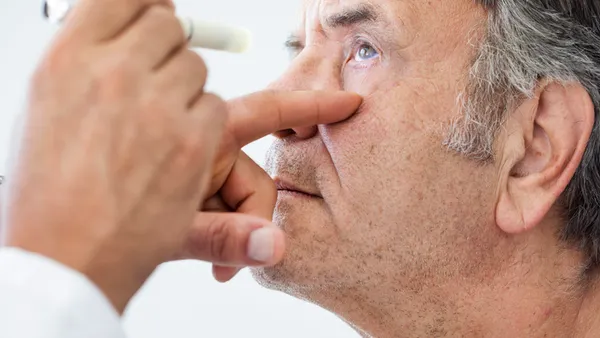Dive Brief:
-
The U.K. has taken another step toward passing medical device legislation designed to take advantage of the powers it will gain by leaving the European Union.
-
On Monday, the House of Commons held the second of three planned debates about the bill. The government used the debate to make the case that the bill, and by extension Brexit, will enable it to improve the disclosure of safety concerns related to medical devices.
-
By “removing the limits on ... information sharing” and creating a statutory device register, the U.K. government contends it can use Brexit to improve public safety.
Dive Insight:
Regulation of medical devices in the U.K. has been directly shaped by EU directives for decades. However, that is poised to end, possibly as soon as the start of next year. In anticipation of the split, the U.K. government created the Medicines and Medical Devices Bill 2019-20 and had its "first reading" last month. The bill will empower the government to update existing, EU-derived legislation after the U.K. leaves the EU.
Some parts of the bill detail the routine changes that will need to take place if the U.K. is to function independently of the EU. For example, the establishment of provisions for the evaluation of the safety and effectiveness of medical devices. Yet, in other areas, the U.K. government wants to go further.
The bill features plans to create a register of medical devices and make some or all of the information it holds available to the public. U.K. officials also want to gain new powers to warn the public about safety concerns related to medical devices.
During Monday's debate, a physician who is now a politician in one of the opposition parties pointed out that the current EU-derived rules permit the transmission of safety information to healthcare professionals and the public. However, while government representative Matt Hancock acknowledged information is shared today, he also made the argument that EU rules are constraining the spread of knowledge.
“We will enhance patient safety by giving the [Medicines and Healthcare products Regulatory Agency] a new power to disclose to members of the public any safety concerns about a device. This was not possible while we were part of the EU. Previously, if a [National Health Service] trust raised a concern about a device and asked if similar reports had been received elsewhere, too often the MHRA was restricted in sharing that information; nor could it always routinely share information with the Care Quality Commission,” Hancock said.
Hancock’s comments are part of a broader narrative about perceived benefits of Brexit. At another point in the debate, Hancock argued that “the bill empowers is to be able to move faster,” adding that “it is a benefit of Brexit.”
During the debate, the government received some pushback from opposition parties, the biggest of which called for the bill to mandate the use of unique device identifiers. However, Jon Ashworth, the health secretary of the opposition Labour Party, also said he and his colleagues “do not intend to divide the House on the bill.” With the government having a large majority and the opposition taking a relatively supportive position, the bill could have a straightforward passage into law.
Having been debated twice in the House of Commons, the bill will now undergo review by a committee. The committee is set to report back by April 23. Beyond that, the bill will be debated again in the House of Commons before going through the same process in the House of Lords. Once the two Houses agree on the bill, it will pass into law.









